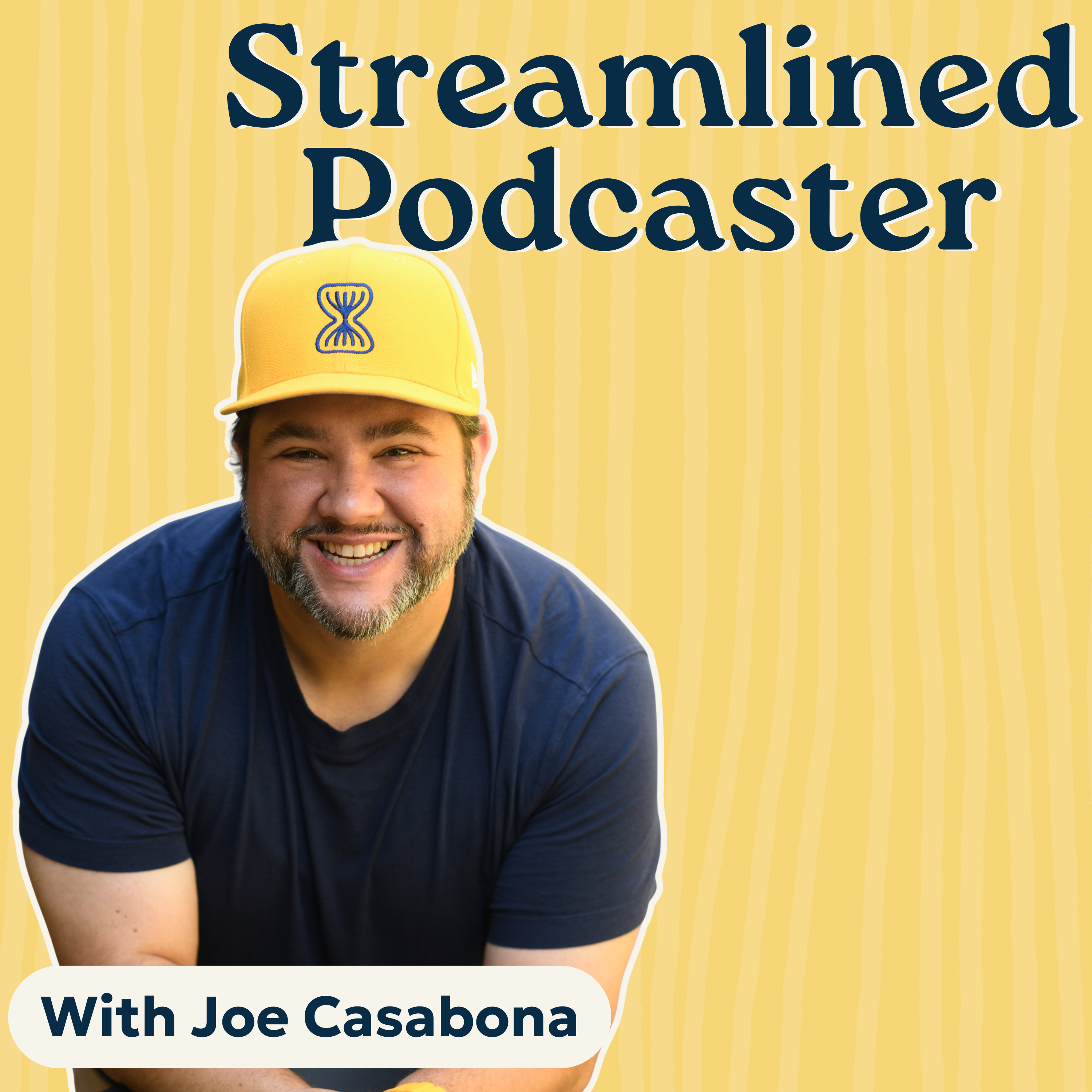
Podcasting Made Simple
Podcasting Made Simple is the premier podcast about podcasting! We’re here to help podcast guests and podcast hosts reach more listeners and grow their income so they can change more lives! Join Alex Sanfilippo and other podcasting industry experts as they share how you can level up on either side of the mic! (Show notes and resources: https://PodMatch.com/episodes)
Podcasting Made Simple
The Podcast Guest Everyone Talks About | Michelle DeKeyser
More than ever, podcast hosts are expressing being frustrated by their guests and potential guests. This is because most people who are seeking to be podcast guests approach it with an agenda and expectation of what’s in it for them. This is the wrong mentality! In this episode, Michelle DeKeyser explains how you can better serve hosts and their audiences so you can stand out. Get ready to become a must-have podcast guest by leading with service!
MORE FROM THIS EPISODE: HTTPS://PODMATCH.COM/EP/300
Chapters
00:00 Serving the Audience
02:00 Knowing the Audience
03:56 Following the Lead of the Host
07:11 After the Podcast
12:54 Celebrating Yourself
Takeaways
- Serve the audience by actively listening and staying on topic
- Respect the host by mirroring their tone and respecting time constraints
- Prepare for the podcast by researching the audience and tailoring the content
- Be organized and share the episode in a way that resonates with the audience
- Celebrate oneself for getting their voice out there and serving others
MORE FROM THIS EPISODE: HTTPS://PODMATCH.COM/EP/300
You're listening to Podcasting Made Simple. Have you ever been talking to someone and all of a sudden you see their eyes start to shift? They lock sides on the other side of the room and they're looking right past you. You're still talking. You're still in mid -sentence when they're like, excuse me, I'll be right back. The next thing you know, they like dart off across the room and they're looking, talking to someone and you knew right then and there and through your stomach that I wasn't important enough. Has that ever happened to you? But here's a caveat. I've also been the other person on that side, looking around the room to see who else might be there. Has that been you when someone's are talking to you going, I am I even in this conversation? So here's where I want to put the big picture in there and reframe this whole situation all together and say, whoever is in front of us is there for a reason for us to learn something from that person. Therefore, my goal Right now, in this moment, is fair, what can I learn from this person? And how can I be interested by them, instead of simply trying to be interesting? It's a true key to podcasting. It is about our intention, coming to the microphone many times. I have to admit, I come to the microphone, trying to see what I'm made of, to see what I can get out of it, to see if I can get my numbers higher. And you know what? At the end of those interviews, I kind of felt in the pit of my stomach, that wasn't quite right. It's kind of like, wasn't there. It wasn't what was made of. It was kind of felt like that guess. It was just eh. You don't want to be the guest. It's just eh. So let's go through some steps of how can we serve our audiences more? Because really podcasting is all about how we can serve. And so number one, step number one to serving our audience, is knowing who is the audience, who's listening, and what do they need from me as a guest. For instance, recently I had Alex Santalipo on my podcast called Mama Genius Hub. He's definitely not a mom. So how was he able to still serve this audience? Well, we took time to have this conversation beforehand, talking about how busy moms need to have things in smaller chunks. So all of his information and tips were in the fashion of 15 minute tips. So it's something that a mom could do without feeling overwhelmed because that was the audience who was going to be listening to this. So we had to tailor that. So how do we do that? Here's some ideas for you. Number one is either have that conversation with the host or email them ahead of time to say that that's your intention to learn more about the audience. You'd be surprised that not many people do that. and you'll begin to be getting into that mode of serving without even having to do very many extra steps. It's one little email. If you don't really want to have that conversation yet, you can go review their podcast titles, look at the social media and listen to a podcast to know what you're in for. You'd be surprised how many times people don't listen to podcasts that they're about to be on. I know I've been guilty of that, but I'm working towards making sure that doesn't happen in the future. Now, if you're using PodMatch, you're in luck because you can go look at the host profile. But make sure you actually look at it and click on the links and see what is the audience. And lastly, take two or three notes about the audience because you know what? We forget things. When we keep everything in one place, it makes it easier. So we're going to use that information when we get down to step three a little bit later in this conversation. But first, we're going to go into step two, which is really follow the lead of your host because they will guide you. What does that even mean? Well. your host has created this house, this podcast, and they are inviting you into their home. It's a personal nature, right? They really create something that they put their heart and soul into, and they're inviting you into this. So just as a friend invites you over to their house and you walk in, you try to be respectful of where things are, of what are the way they do different things. So we're going to tailor that to what are some ways we can pay more attention and focus on how hosts might be and what are some tips we can do. So one of the things is that we want to actively listen to our hosts. What does that mean? It means have a pen and paper ready. Not that you have to take huge notes or anything like that, but to jot down a word or two. Because a lot of times we're in the middle of a conversation, you might get a great idea or a point that you want to refer to, but you don't want to cut the host off to make that point. So when you take the note, then you can do quickly glance down at the word or two to remind your memory because a lot of times we think we're going to remember and then it's your turn to talk and you're like, what just happened? So the pen and paper is just a scratch piece of paper just to help you keep track of your thoughts without taking away from paying attention to the host because when we get stuck in our own little thoughts, it stops us from actively listening. We release it to the paper and now we're able to be more present with our hosts and still make better points because we took note of what the host was saying. So another way to do that is also mirroring the tone. Sometimes hosts are casual, sometimes they're formal, paying attention to how the host speaks in words and trying to mirror that. Now, we want to stay on topic. It is so easy because it's a conversation type nature just to divert to something else. But the key really is that this is an intentional conversation. who serve an audience. So whatever topic or thing that you have agreed on to make sure that you as a guest are staying on that topic. It makes it easier for the hosts, whether they're live or they're gonna have to edit later, to not have to do that as much. And it's being very thoughtful and thinking about the things that you actually wanna stay, stay intentional to the topic. Another big thing that happens when we're thinking about is respecting time constraints. A lot of times hosts will have a certain number that they wanna reach. for their podcast, maybe 30 minutes, maybe it's only 15 minutes. And we need to try to keep within that time range. And it happens. We get nervous. We start rambling because we're just not sure what to say or how to do. But a lot of times just having a clock in front of us using that Zoom clock, having your stopwatch, having your cell phone just open just to keep yourself aware of the time. It's not that you have to have a dead stop or anything, but when we are more aware of the time, then we're able to keep our points more to the topic. Having to know, so again, when we are invited into our host's house, when we're following and being respectful and actively listening, mirroring their tone, staying on topic and paying attention to time, then we are honoring that host. So when we're following the lead of our host, we are listening actively, mirroring the tone, staying on topic and respecting those time constraints. And that helps us. be a good guest in their home, because it really is something that they put their heart and soul into. And that's how we can best serve them. Which leads us into step number three is when the podcast is all said and done, what happens afterwards? I'm going to be honest with you, a lot of times I will have guests who I never ever hear back from. Even though I am one to send an email or a message with graphics for them to share with shorts with them in there that they can share. And sometimes one of the responses I got from a guest was, I have so much I'm promoting right now. I just, I think my audience is going to be so mad at me. That was the response to me providing them with shorts and that didn't feel that great. And so what I recommend as a guest is to be a little bit more organized. How do we do that? We want to make sure that we are serving the audience and that we are sharing that and sharing that in a particular way because It is meant for a certain audience. And so in your audience, you want to call out the people that would gravitate to this podcast. So one of the ways to do this is to keep a spreadsheet, a spreadsheet in terms of just keeping note of certain things. You can do it into a document. You can do it different ways. You can do it in Trello board. You can do it whichever way suits you best. But let me go through what are some of the key things you want to keep track of to make sure that you are being someone who can share and be a good guest to this host. So first of all, let's backtrack for one second, give you a little bit of a tip. So if you've already gone down the podcasting route and you've been on quite a few and you even forgotten what podcast you've been on, an academy that's happened to me may or may not have happened to you yet, but there's a site called ListenNotes.com. Here you can just go type in your name and get a list of all the podcasts that you've been on so that you can use that to start this spreadsheet. So what do you want to have on the spreadsheet? Well, there's a couple of things. Of course, you want the name of the podcast. You're going to want your host and any contact information. You're going to want the date that you interviewed. And then you want the estimate release date. Many times, a host does give an estimate release date. They don't always, but it helps if you at least ask. So then you can plan in your content when do you want to share that. And maybe you're doing more content around the topic. that week, which also makes your contenting plan so much easier. And so the last thing you want to add are those steps from one where you wrote the notes about the audience. Why? Because you want to tailor your content when you share the post with that wording because you want to draw from your audience, those people that might resonate with this podcast. And again, this is all about sharing. and serving and helping people find the path that they need because you are serving. So when we use the wording that goes with what the host is doing and keep it all together, then we're able to share. And it will also show that your audience, that you're creating value for them. So on the spreadsheet, you might also want to have, if the host sends you any copy or if they send you any graphics, you might want spots for that available in case they do, because many hosts do share those things. I'm one of them included. But I've also had many hosts who've shared that kind of information with me. So it's easy to keep everything all in one spot. So let's review that a little bit again. So again, we're looking at creating a document, whether we do a Trello board, whether we do a spreadsheet that has these things in it. We want the name of the podcast, the host information, contact information. When did we interview? What do we think the estimate release date is so that we can plan to share it? Who is the audience that we've gathered from step number one? and then any space to put any graphics or any shares or copy that the host might provide for us. So we just have it all in one spot. When we keep it all together, then we're able to refer back to it. And you know what? You can always reuse that copy because podcasts are evergreen. That is the beauty of podcasts. Alex even told me because of our podcast, he'd love to share it on Mother's Day. Again, because it goes with sharing for his audience, picking out those moments of when can I serve to best use this podcast, keeping those things in mind. So now he's planning to put that into his plan for content. And that's already one day taken care of for him down the road because he planned that out. And lastly, the biggest thank you that you can give your host is to write a review for their podcast and to go on there and in an email. Just send them a screenshot that showed them that you wrote that review. Because when you serve and you show that you are engaging with what they're doing, podcasting is going to create those relationships. And again, everything about business, about what we do is about those relationships that are created from service. It starts with what can I do for you in doing those things? And then all of a sudden, if you do need a favor or you do need something from that person because that's their wheelhouse, They are more likely then to help you back. And that's what it's just about, is about this give and take. But when we serve first, then things start to happen. And it comes from this intention that we're here to help each other, lift each other up. But at the end of the day, when everything's done and said, the most important thing to do for yourself is to truly celebrate yourself for serving an audience and getting your voice out there because your unique message matters. So I want you to celebrate that you went on a podcast, that you did these things, that you are out there, you're in the arena doing the things that are hard, getting your voice out there. And when you put the right intention into it, it shows. So at the end of the day, instead of your to -do list, keep a to -done list. A done list of all the things you did that day, a done list on your spreadsheet of all the podcasts that you've been on, check them off and celebrate yourself for doing it. getting your voice out there because that's what podcasting is all about, is sharing our own voices so that we can serve to those audiences, that we can serve to people who need it to hear our message. And so when you have the right intention to serve, no one is going to be looking across the room to talk to someone else. They're going to be engaged with you, looking in your eyes, ready to be intent with you because you're intent with them. And we come there with that idea from serving first. Thank you. For more episodes, please visit podmatch.com forward slash episodes. Thank you so much for listening.
Podcasts we love
Check out these other fine podcasts recommended by us, not an algorithm.
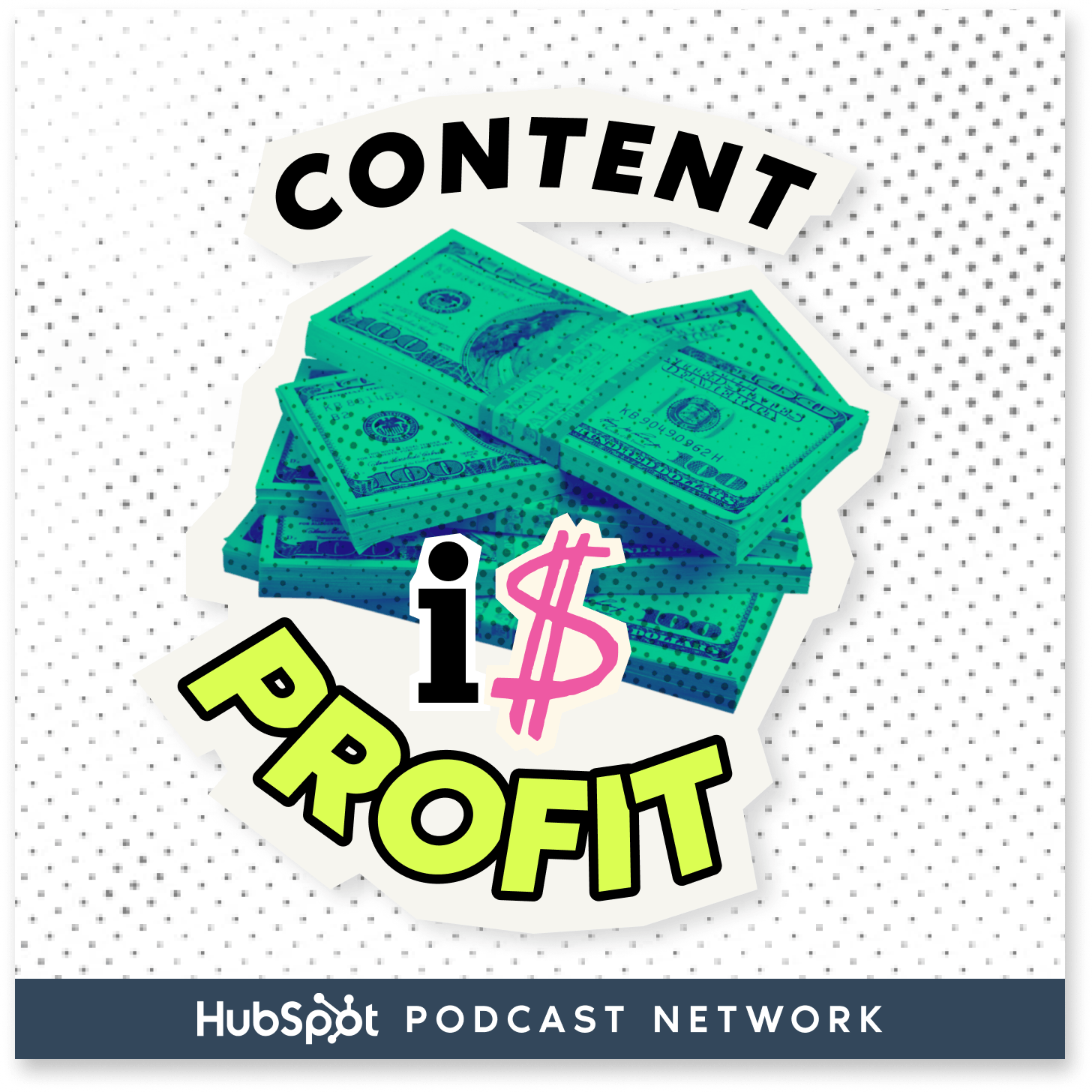
Content Is Profit
BIZBROS
Win The Content Game
Deirdre Tshien - CEO & co-founder of Capsho, AI-powered Content Marketer (the fastest way to repurpose and market your expert content)
Fastlane Founders and Legacy with Jason Barnard: Personal Branding, AI Strategies, and SEO Insights
Jason Barnard Entrepreneur and CEO of Kalicube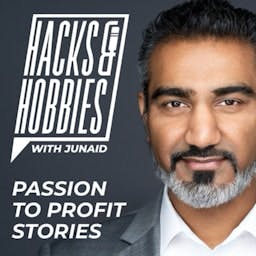
Hacks and Hobbies with Junaid Ahmed
Junaid Ahmed
I Have A Podcast by Vinnie Potestivo
Vinnie Potestivo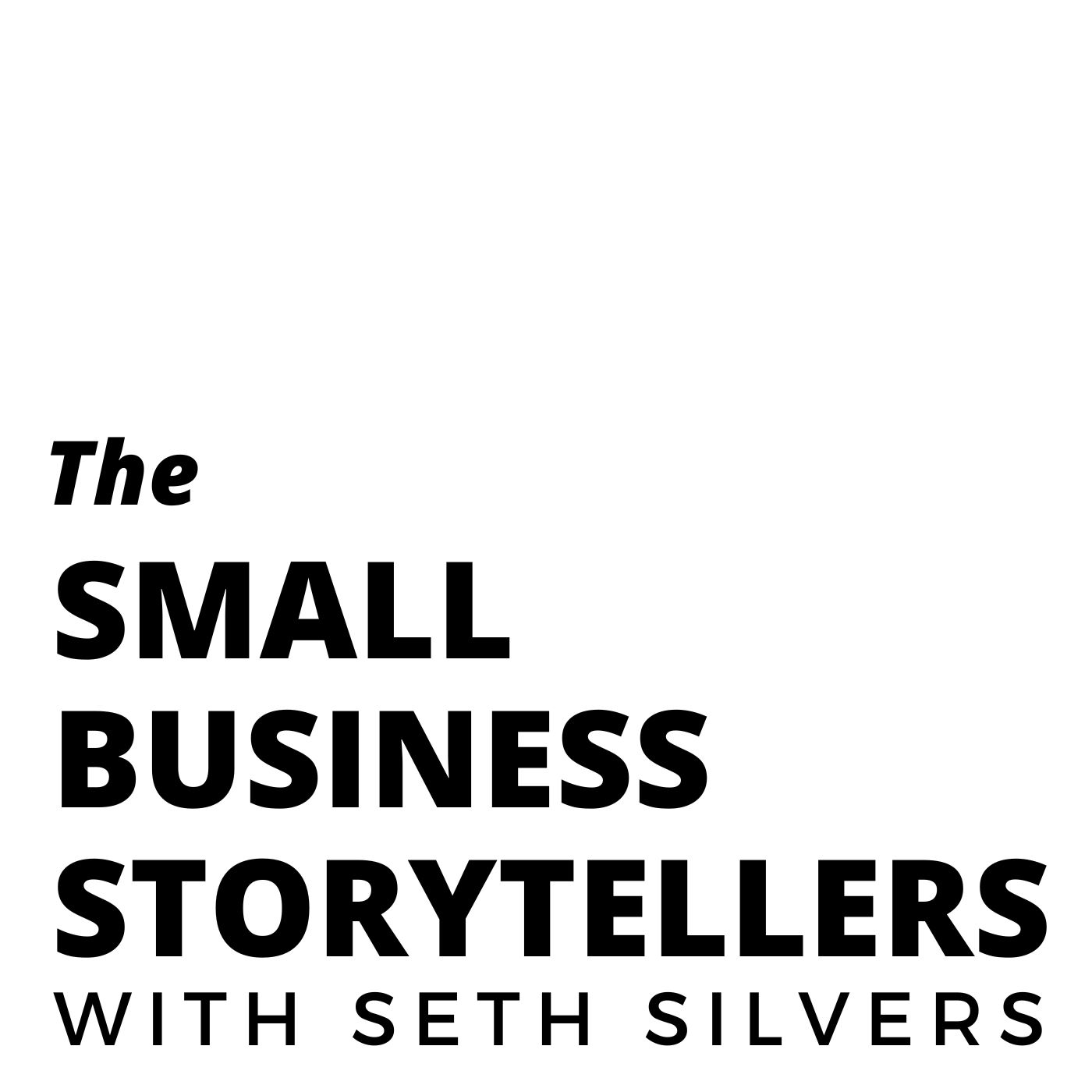
The Small Business Storytellers with Seth Silvers
Seth Silvers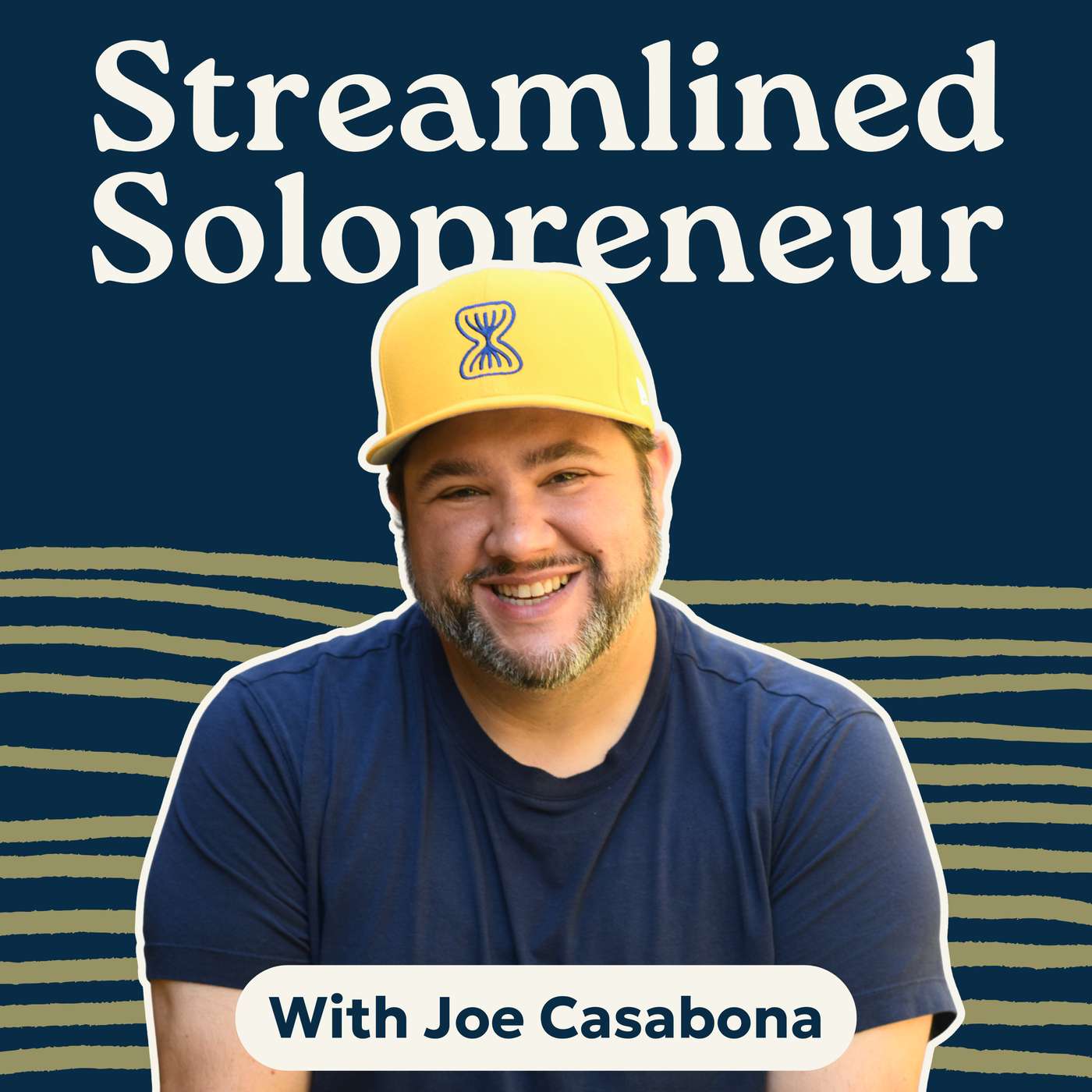
Streamlined Solopreneur: Tips to Help Small Business Owners Grow Without Burnout
Joe Casabona, Business Systems Coach
Insider Secrets to a Top 100 Podcast with Courtney Elmer | Podcasting Strategy for Business Growth
Courtney Elmer | PodLaunchHQ.comDo The Thing
Stacey Lauren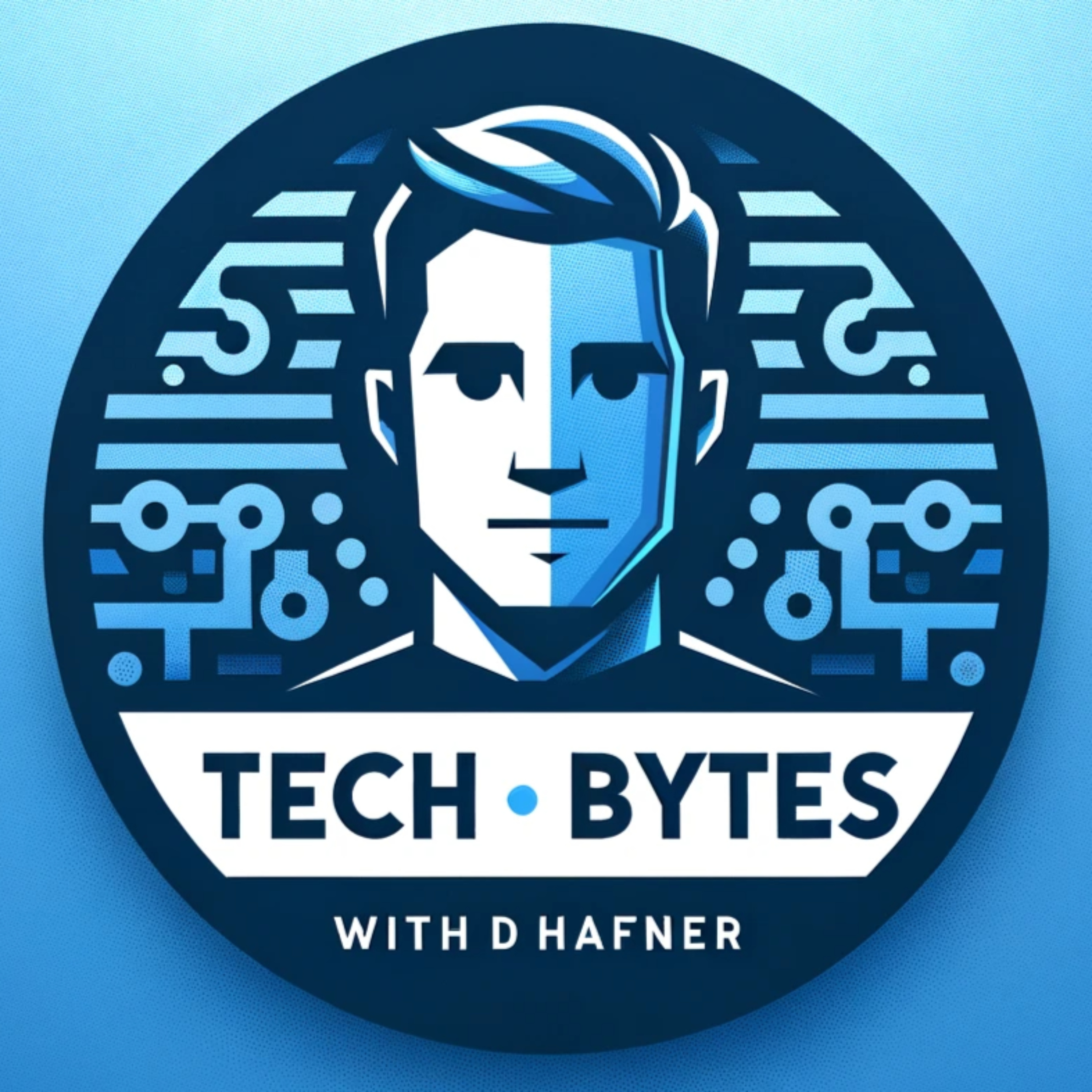
Tech Bytes - with Dan Hafner
Dan Hafner

